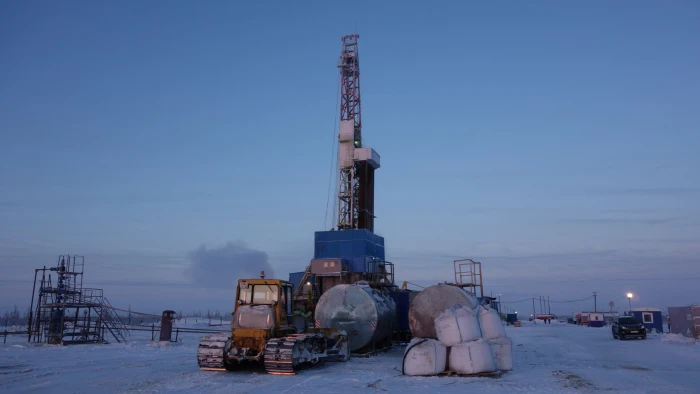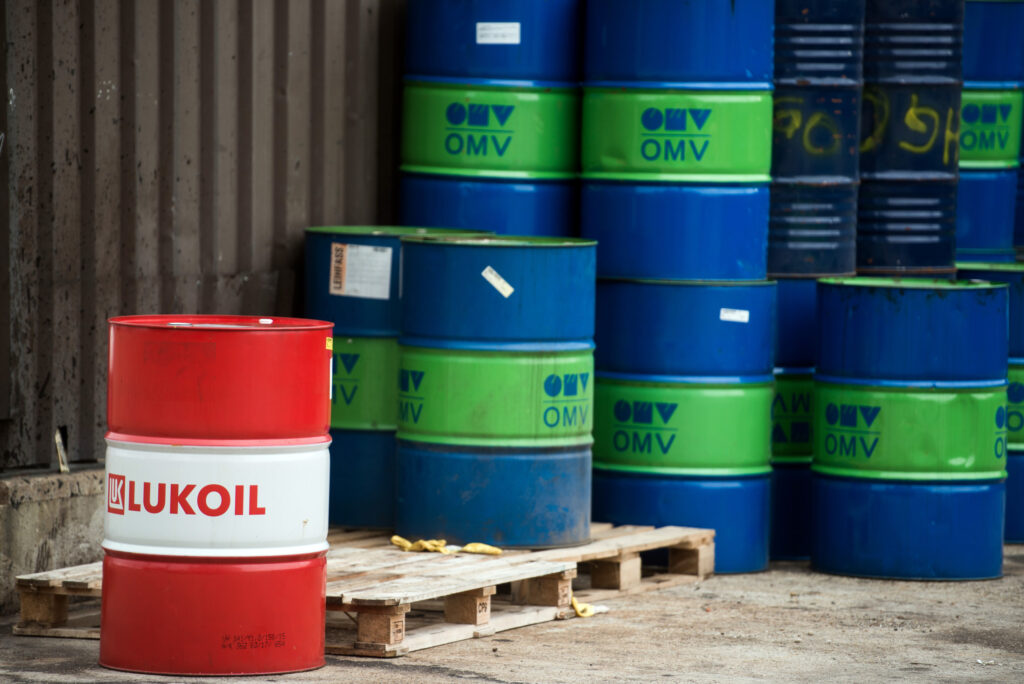Western sanctions on Russian oil and gas sector and entities have not yet been as functional as expected by most. Still, Moscow’s energy stranglehold on Europe’s energy sectors has been removed, but the negative impact is still clear. Until now Russian president Vladimir Putin has not been hitting back with a vengeance, but this has now changed. With a decree Putin has ordered the seizure of Austria’s oil and gas company OMV and German BASF – subsidiary Wintershall DEA assets in Russia. The main target is clearly to hit back, but also to get more grip on the existing Western assets in Russia’s Arctic, which are still valued to be at several billions of dollars. As Russian reports already stated yesterday, under the president decrees published on December 19, stakes in the Yuzhno-Russkoye field and in the Achimov projects, held by OMV and Wintershall DEA, will be reverted to newly created Russian companies. The move is a clear break with still existing, and sometimes perceived very strong ties with Germany and Austria. Both German speaking countries are officially in the Ukraine Camp, supporting the Ukrainian military campaign against the Russian invasion, but politicians inside of both countries are still very diffuse in their own views or future strategies. Mainstream German and Austrian politicians are still open for a rapprochement with Moscow’s leader Putin, sometimes even indicating an interest in Russian energy imports.

Putin’s decrees however have put a blow to these Kremlin factions inside of Berlin and Vienna’s power circles. The Russian leader chooses now to take the offensive back, not caused by a strong position or a winning strategy in Ukraine, but mainly due to the need to gain access to additional revenue options, while indicating to the West that he is willing to wage an economic war too. The new moves are inline with other seizures already in place, such as the eight breweries of Carlsberg and several factories of French food giant Danone.
When looking at the existing confrontation between Russia and the West, Putin’s move should not be very surprising. Since 2022 hundreds of billions of dollars-worth of Russian assets have been frozen in the West already. At the same time, assets of Russian investors and businessmen also have been seized. Germany has been at the forefront in this since the Russian invasion of Ukraine, as shown by Germany taking control of major Russian-owned Schwedt oil refinery which supplies 90% of Berlin’s fuel. The nationalization of former Gazprom Germany GmbH, now called SEFE, is another sample.

At the same time, the seizure of OMV and Wintershall DEA assets in Russia also should be put in light of the growing pressure on Western, or especially European, governments not only to seize Russian assets or financial reserves, but also to start using seized Russian assets to support Ukraine in its military conflict with Moscow. The difficulties of the Biden Administration to release a new financial and arms package for Ukraine is on the mind of most, including Putin’s power circles. European moves to release Russian assets to fund Ukraine’s economy and military very soon is seen by Russia as an additional attack. At present, based on current information, Russian assets of around $300 billion have been seized or frozen. If part of these funds can be transferred to Ukraine, to finance Kyiv’s war effort or reconstruction, this will hit Putin’s power circles.
Wintershall and OMV also have reacted to the seizure of their Russian assets. Both parties have indicated that the situation at present is that all their assets have been nationalized, so should be written off. BASF and Wintershall Dea indicated that the seizure of its Russian assets will have a detrimental effect on its production, as Russian projects accounted for half of total production. Wintershall Dea, which at present is still a JV between BASF and Russian billionaire Mikhail Fridman’s investment company LetterOne. At present Wintershall already was in the process of existing Russia. Austrian oil and gas company OMV already left Russia in 2022. In 2024 Wintershall Dea’s activities with or inside Russia should be legally separated. When looking at the potential financial loss of both entities, Wintershall Dea already reported a net loss in 2022 of EUR7.3 billion due to impairment caused by the deconsolidation in Russia. OMV expected in 2022 a potential loss of EUR1.5-1.8 billion from the Russian pullout. Information at present indicates that the stakes in the Achimov projects will be transferred to specially set up limited liability companies, which will be offered for evaluation and sale to a little known company called Gazovyye Tekhnologii. The OMV assets are expected to be sold to the joint stock company SOGAZ, which provides insurance to Gazprom.
